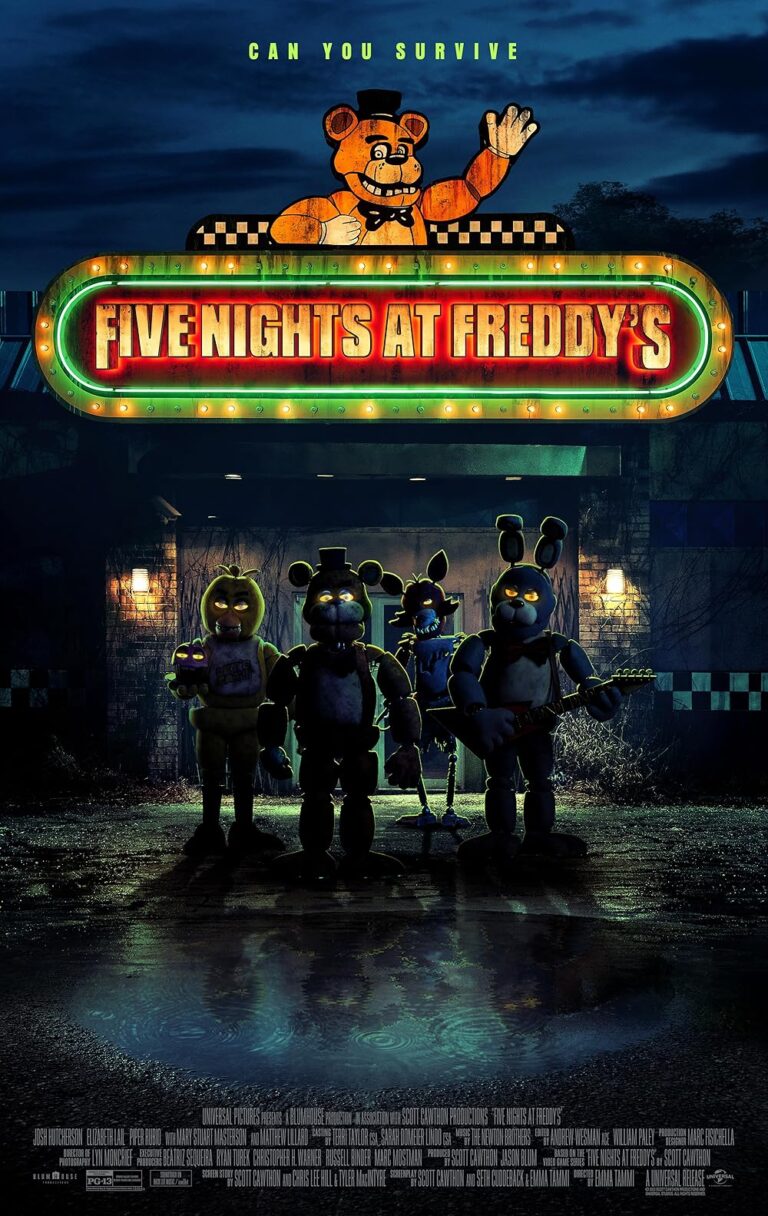Mindhunter Christian Review

There’s a certain unease when we talk about shows like Mindhunter. A discomfort that settles in your gut, making you wonder, “Why am I watching this?” But then the plot drags you in deeper, making you lean closer. It’s like standing too close to a fire; you’re mesmerized, even though it’s burning. Mindhunter Season 2 continues its descent into the darkest corners of the human psyche, and if you’re looking for a show that probes the grotesque realities of evil without glorifying it, you’ll find a haunting, cerebral experience here. But before you hit play, let’s pause and think it through with a Christian lens.
Peering Into Darkness: The Premise
Set in the late 1970s, this series follows two FBI agents, Holden Ford and Bill Tench, who are part of a newly established Behavioral Science Unit. These aren’t your average cops chasing crooks. They’re trying to figure out what makes serial killers tick, by sitting down with the worst of them — the ones we’ve all heard of, like Charles Manson and David Berkowitz, aka the “Son of Sam.” It’s the stuff of nightmares. And that’s just it — Mindhunter isn’t the kind of show that spooks you with jump scares. It’s more like looking into a mirror and seeing a reflection you’d rather not face.
The second season continues this terrifying quest but does so with more intensity and focus. The stakes are higher, the urgency sharper, and the sense of impending dread looms over each scene. But, here’s the thing: while it’s gripping TV, the content is heavy. It’s grim, gritty, and unsettling in ways that only the most gruesome reality can be. So, how does a Christian viewer process this?
The Morality of Exploring Evil
There’s a reason Mindhunter stands out. It’s because the show doesn’t glorify the killers. It’s not here to make them antiheroes, à la Walter White from Breaking Bad, or paint them as misunderstood geniuses like Hannibal Lecter. Instead, these men are shown as disturbingly ordinary, with broken backgrounds, warped minds, and, honestly, pathetic lives. Their evil is banal — a rotting husk of what humanity was meant to be.
This perspective is both the show’s strength and its Achilles’ heel for a Christian audience. On one hand, there’s something true about this portrayal. The Bible doesn’t shy away from showing sin in its fullness — think of Cain’s jealousy, King Saul’s madness, or Judas’s betrayal. Sin is ugly and grotesque, and Mindhunter doesn’t flinch from that. The serial killers aren’t given sympathy or admiration. They’re portrayed as sad, empty shells whose choices led them down a spiraling path of depravity.
But the downside? Mindhunter spends a lot of time in the muck without giving you a hose to wash off afterward. The show is meticulous in its exploration of evil, which, while honest, can leave you feeling weighed down by the sheer darkness of it all. There’s no light at the end of this tunnel. Just deeper, darker corridors. It’s hard to walk away without feeling spiritually drained. Is it worth exposing ourselves to so much grime, even if it’s done for the sake of understanding it better?
The Absence of Hope: A Sobering Realization
Here’s what gnaws at you. For all its intelligence and insight, Mindhunter doesn’t have a redemptive arc. There’s no healing, no sense of God’s grace cutting through the despair. The agents are worn out, the criminals are trapped in cycles of insanity, and the system feels overwhelmingly broken. There’s a fleeting sense of progress when a killer is profiled or an insight is gained, but these “victories” are hollow. The darkness wins more often than not.
From a Christian perspective, this lack of hope is significant. We believe in a Savior who steps into the mess and offers redemption — even to the most twisted of sinners. There’s a reason we resonate with stories like Les Misérables or The Chosen. Those narratives, at their heart, are about redemption. Jean Valjean is a thief made new. Mary Magdalene is freed from her demons. But with Mindhunter, redemption is absent. The show gives you the raw reality but without the balm.
And maybe that’s okay — to an extent. The world is full of broken people who never find healing. Mindhunter captures this reality with unsettling precision. But if you’re looking for a narrative that uplifts, that speaks to the hope of the gospel, you won’t find it here.
The Temptation to “Binge-Watch” Evil
There’s another point to consider: the show’s binge-worthy nature. Mindhunter is expertly crafted, with top-notch acting, smart dialogue, and a plot that keeps you glued. It’s easy to click “Next Episode” again and again, consuming it all in one sitting. But let’s be honest — is this something we want to binge on? Are we feeding our minds and hearts with something that helps us draw closer to Christ?
Shows like Mindhunter invite us to look closely at evil, but they don’t equip us to process it healthily. The Bible tells us to be “wise as serpents and innocent as doves” (Matthew 10:16), which means understanding sin without being ensnared by it. Spending too much time here, in the twisted thoughts and depraved fantasies of these killers, could have a dulling effect on the soul.
The Takeaway: When to Walk Away
So, where does that leave us? For a mature Christian, watching Mindhunter might offer insight into the depths of human depravity, the way sin corrodes the soul, and the lengths some will go to when they’re utterly lost. But it’s not something you should casually pop on for entertainment. It demands discernment and a firm understanding of your own limits. If you’re someone who can handle these themes without being pulled under, you might find it an intellectually and artistically rewarding watch — a kind of deep dive into the anatomy of evil.
But be careful. Shows like Mindhunter can easily become a pit rather than a platform for growth. They can stir up fear, numb our sensitivity to real-life violence, or, worse, leave us with a sense of hopelessness. The graphic discussions, the grotesque details — they’re like poison. A little can educate; too much can intoxicate.
The Verdict
At the end of the day, Mindhunter is a masterful show, but not one to be taken lightly. It’s well-acted, brilliantly directed, and carries a powerful message about the nature of evil. But it’s also bleak, without the redemptive qualities that make dark stories bearable from a Christian perspective. If you do decide to watch it, approach it as you would a cautionary tale. Don’t binge it. Don’t dwell on it. And most importantly, don’t let it make you forget that no matter how dark the world gets, the light of Christ shines brighter.
Rating: 5/10
(For those with strong discernment, mature faith, and a cautious spirit.)





